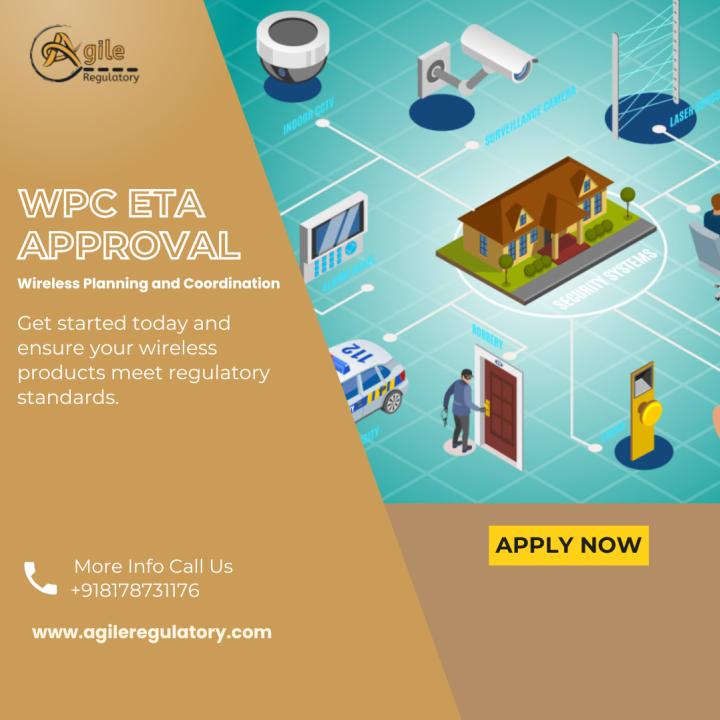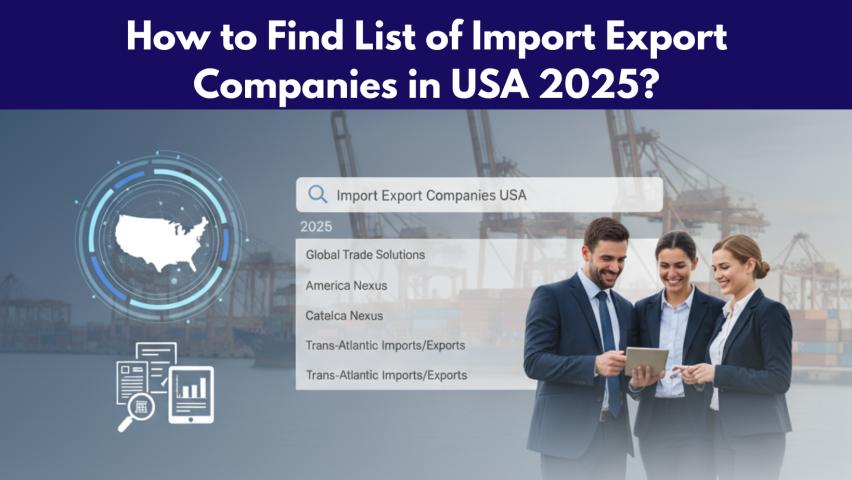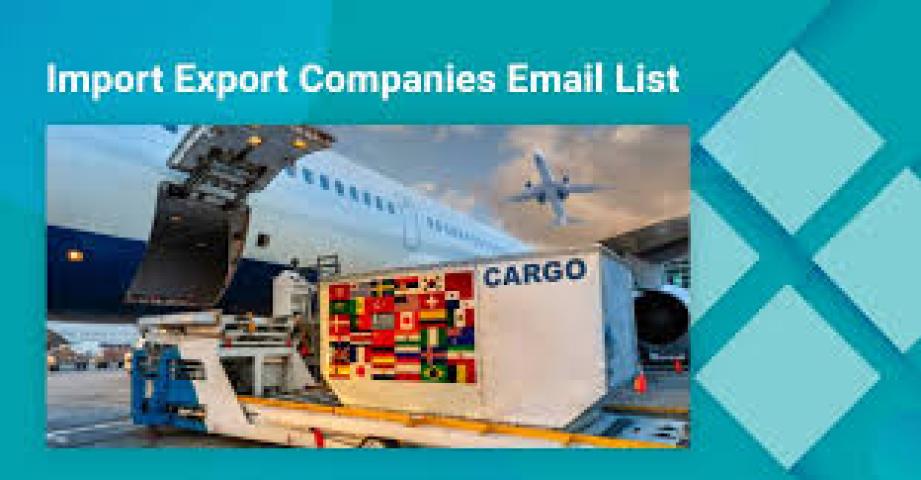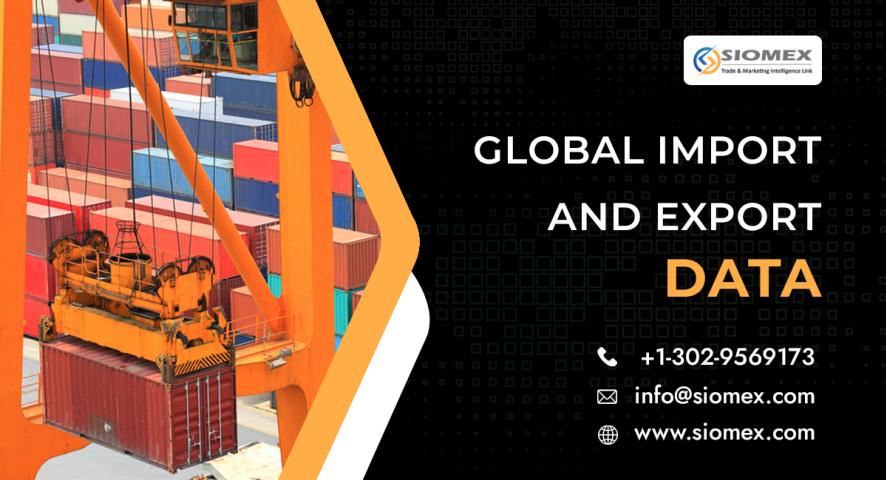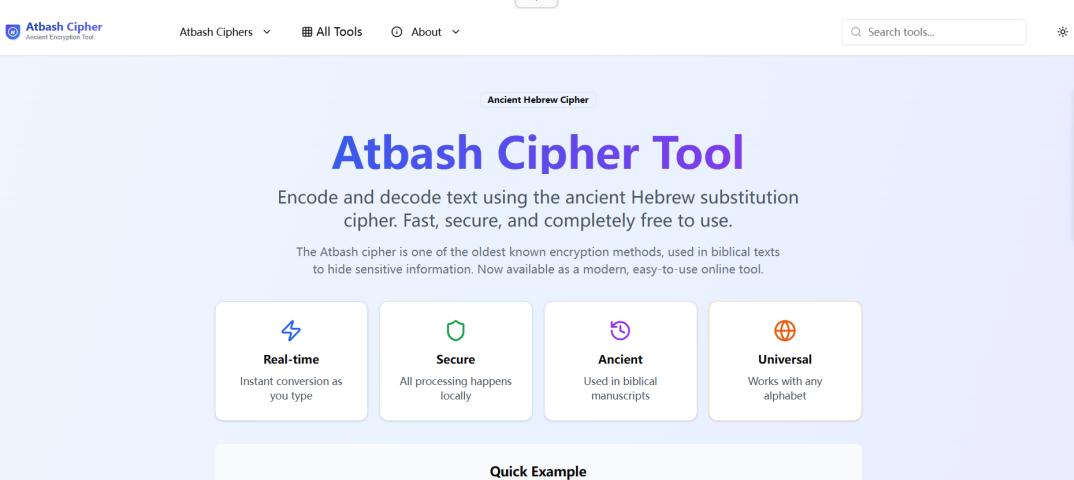India's technology market is experiencing explosive growth, becoming one of the most attractive destinations for global tech manufacturers and importers. With increasing digital penetration, robust government initiatives like "Digital India," and a consumer base eager for the latest gadgets and solutions, the opportunity is immense. Among the states, Uttar Pradesh (UP)—India’s most populous and politically significant state—stands out due to its expanding infrastructure, large market size, and rising digital adoption. However, entering this lucrative market is not without challenges. Importers face several regulatory hurdles, particularly when it comes to compliance with local and national laws. Understanding these regulations is essential for smooth operations and market access.
Regulatory Landscape in Uttar Pradesh
Uttar Pradesh follows the central regulatory framework laid down by the Indian government, but state-level enforcement and documentation procedures can vary. Importers must first ensure that their business is registered appropriately, either as a private limited company, LLP, or proprietorship. This legal entity must also secure an Import Export Code (IEC) from the Directorate General of Foreign Trade (DGFT)—a mandatory requirement for importing any goods into India.
Additionally, importers dealing in electronics, IT equipment, telecommunication devices, and energy-consuming appliances must ensure compliance with various certifications, including the Bureau of Indian Standards (BIS), WPC, and EPR registrations. These certifications validate the safety, quality, and environmental compliance of imported products.
BIS Certification for Electronics
The Bureau of Indian Standards (BIS) mandates that several electronic and IT products conform to Indian safety standards before being sold in the Indian market. Products like smartphones, laptops, LED lights, power adapters, and many others fall under the Compulsory Registration Scheme (CRS). Importers must obtain BIS certification for these products, failing which customs authorities may seize the shipment.
In UP, local authorities often cross-verify the BIS status during trade license issuance and market inspections. It’s critical for importers to coordinate with authorized Indian representatives and testing labs to avoid delays.
Extended Producer Responsibility (EPR)
Electronic waste management is another area where importers must tread carefully. India’s E-Waste Management Rules, governed by the Central Pollution Control Board (CPCB), require importers to register under the Extended Producer Responsibility (EPR) framework. This holds importers accountable for the end-of-life disposal of electronic products.
EPR registration must be obtained before importation. In Uttar Pradesh, the State Pollution Control Board (UPPCB) may also ask for periodic compliance reports and audit trails to ensure that e-waste is being managed and recycled properly.
State-Level Clearances and Warehousing
Importers must also acquire trade licenses from local municipal bodies and may need to register with the Uttar Pradesh Pollution Control Board (UPPCB) if dealing with environmentally sensitive goods. Setting up a warehousing facility or distribution center will additionally require clearances related to fire safety, GST registration, and local zoning laws.
Furthermore, UP is known for its frequent regulatory inspections, especially in Noida, Ghaziabad, and Lucknow. Importers must maintain meticulous documentation, such as bills of entry, test reports, and product labels, to satisfy authorities during routine audits.
WPC ETA Import Certificate
One of the most critical yet often overlooked certifications for tech importers is the WPC ETA (Equipment Type Approval) Import Certificate, issued by the Wireless Planning & Coordination Wing under the Department of Telecommunications (DoT). This certificate is mandatory for importing products that operate in the de-licensed frequency bands such as Wi-Fi routers, Bluetooth devices, RFID readers, and drones. The ETA ensures that the device does not interfere with licensed wireless services in India. Importers must obtain this approval before shipping goods to India. In UP, customs officials at major ports of entry like ICD Dadri are particularly strict in checking for WPC ETA compliance, and shipments lacking it are frequently held up or rejected.
Final Thoughts
Entering the UP tech market presents a compelling opportunity, but importers must carefully navigate the regulatory terrain. Early planning, professional guidance, and proactive certification can streamline market entry and build long-term business credibility. From BIS and EPR to WPC ETA, regulatory compliance is not just a legal requirement but a competitive advantage in India's thriving tech ecosystem.
